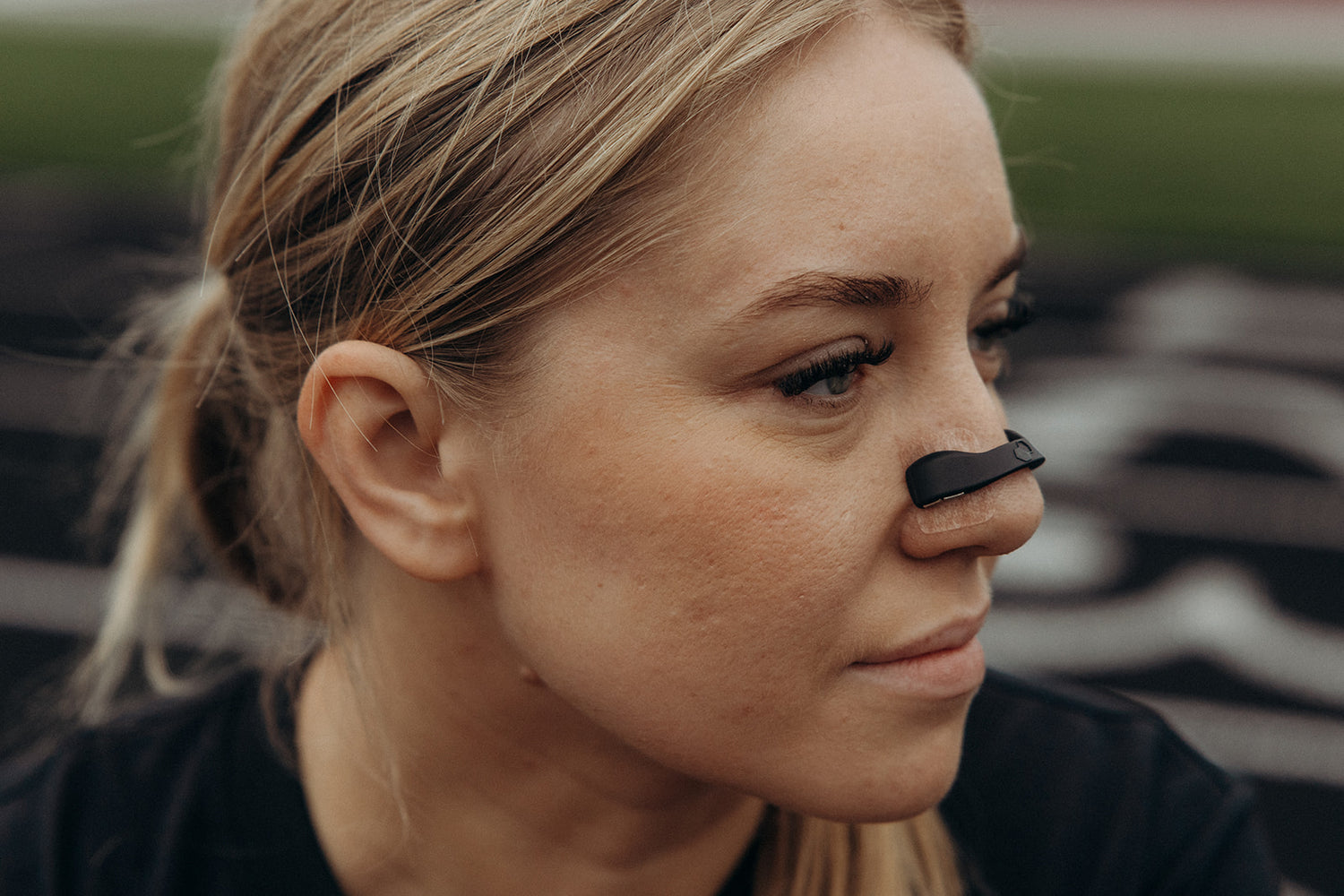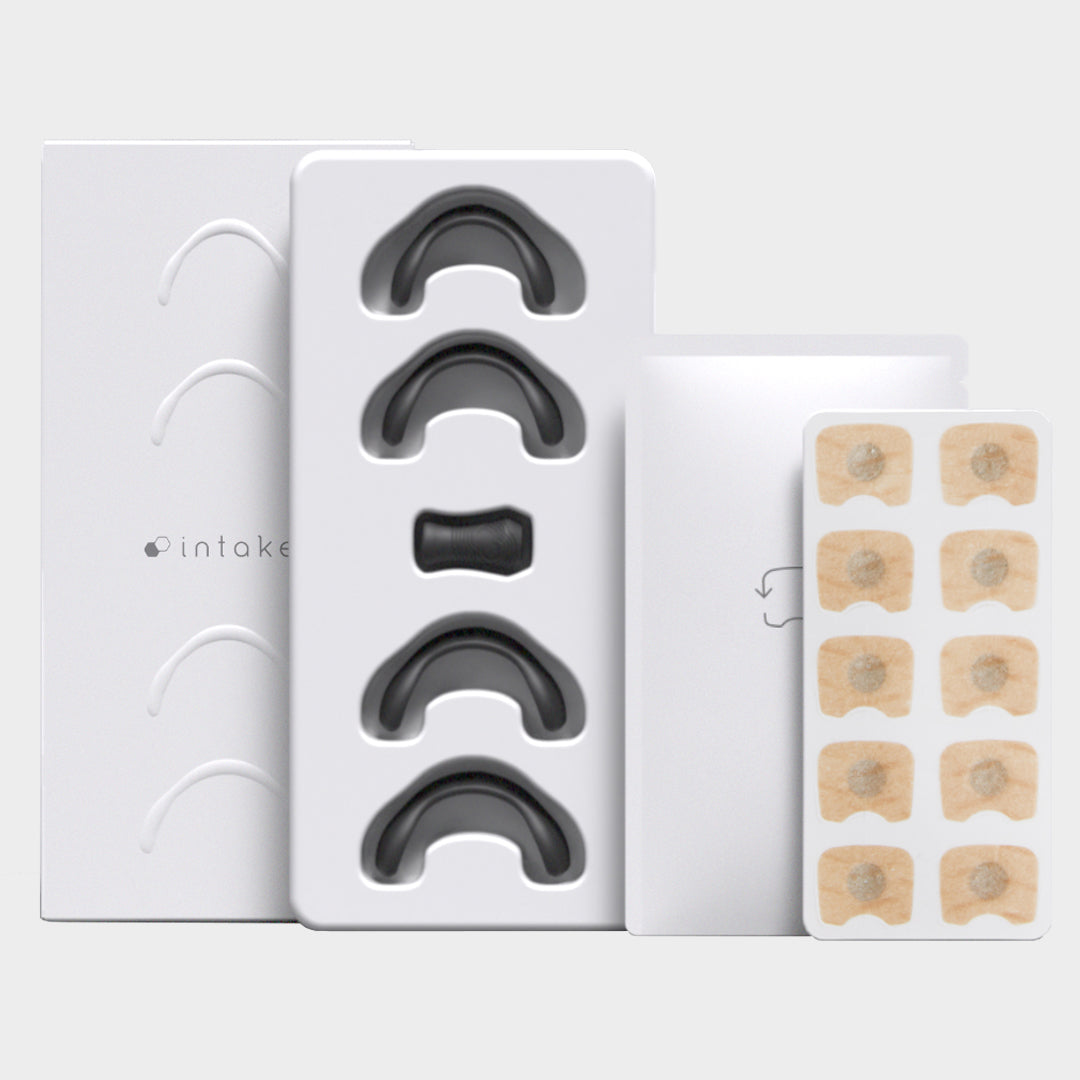The immune system is one of the body’s most complex systems, second only to the nervous system, and acts as a guardian against harmful agents in order to keep us healthy. One of the body’s first defenses against airborne pathogens and bacteria exists in the paranasal sinuses: when we breathe in and out through our nose, our paranasal sinuses produce large amounts of nitric oxide. This gas acts as an antimicrobial, helping to destroy unwanted bacteria before we breathe them into our body where our body would have to fight them internally. When we breathe through our mouth, we directly inhale these unwanted agents, and our body has to work harder to fight them off. One of the simplest ways to help protect our immune system is to breathe through the nose, as this acts as an additional “barrier” against unwanted germs.
One of the body’s first defenses against airborne pathogens and bacteria exists in the paranasal sinuses
Our noses also work to filter out particulates and regulate air temperature before it reaches our lungs. When you breathe through your mouth, you’re sucking air into your lungs that hasn’t undergone this filtration process. This can cause tissue inflammation, which your body then has to expend additional energy to heal. Breathing out through your mouth can also contribute to dehydration, as water vapor is lost more quickly through the mouth than through the nose (think about how you can see your breath on a cold day–this water vapor is escaping your body whether you can see it or not). Dehydration can also lower your body’s immune response, as it hinders the body’s ability to expel toxins and waste.
Read the associated studies here:





